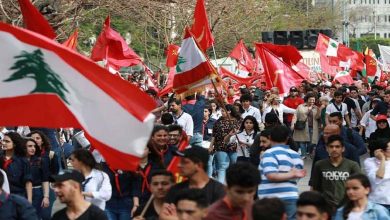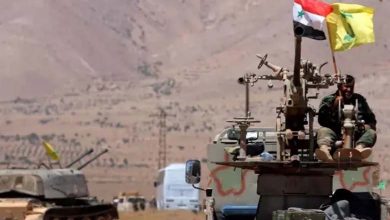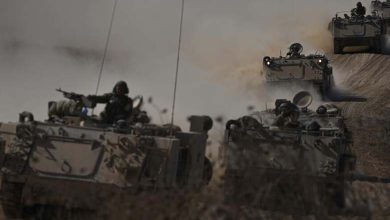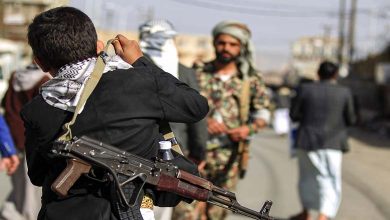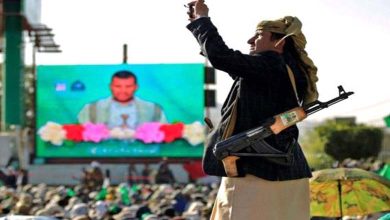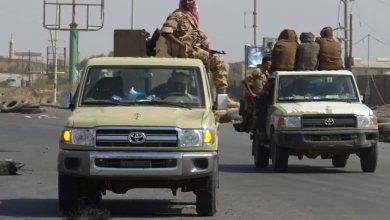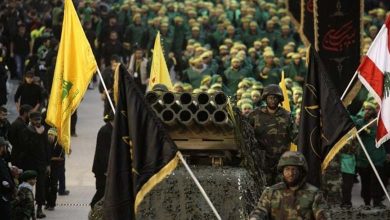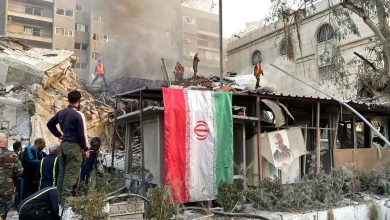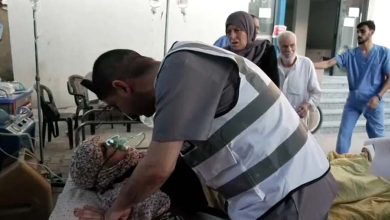How will the Iranian nuclear deal increase the arsenal and power of Lebanese Hezbollah?

Iran’s efforts to make the Iranian nuclear deal a success continue, which will contribute to strengthening the capabilities of the Lebanese Hezbollah to expand its terrorism to become a transcontinental phenomenon.
It gives Lebanese Hezbollah the ability to leverage Iranian assistance to expand its efforts to develop precision-guided lethal munitions.
Iran will receive up to $275 billion in sanctions relief during the first year of the new nuclear deal and more than $1 trillion by 2030, some of which will likely finance the proliferation of precision-guided munitions to the Lebanese terrorist group Hezbollah, characterized by their precision and lethal weapons that will trigger a war between Israel and Lebanon if Hezbollah actually obtains them.
Iran already supplies Hezbollah with around $700 million a year, and that amount could rise if a new deal is reached between Washington and Tehran to end the nuclear deal.
Israel has already warned that Hezbollah has amassed “hundreds” of these weapons, and if Tel Aviv sees the need for a preemptive strike, stemming from fear of Hezbollah attacks on vital infrastructure, the war that follows could be catastrophic, already on the verge of political and economic collapse. It is undeniable that Israel will also pay a heavy price, said Jonathan Schanzer, Senior Vice President of the Foundation for Defense of Democracies.
Mark Dubowitz, CEO of the Foundation for Defense of Democracies, said that with the expected windfall of the Iran New Deal, Hezbollah would be able to leverage Iranian assistance to expand its recent efforts to develop accurate, lethal munitions, and the Israeli military views these “game-changing weapons” as a major strategic threat, second only to Iran’s nuclear weapons program.
Hezbollah’s missile arsenal already includes an estimated 150,000 “surface-to-surface” rockets and missiles, providing it with the capability to disrupt Israel’s economy and inflict significant civilian casualties. By contrast, most short-range and inaccurate projectiles can strike anywhere in Israel and correct flight trajectory to increase accuracy and lethal accuracy.
This capability will support Hezbollah’s efforts to attack Israeli infrastructure, such as military sites, chemical sites, nuclear and water installations, and densely populated civilian areas, observers say, with enough guided munitions, the impact on certain targets could be close to that of a nuclear weapon.
Here, Israel continues to engage in its diplomatic campaign to prevent world powers from returning to the 2015 nuclear deal with Iran.
Israel is working to convince the international community not to revive the Joint Comprehensive Plan of Action, a 2015 agreement aimed at curbing Iran’s nuclear program in exchange for lifting sanctions.
Over the past weeks, Israeli officials have held intensive behind-the-scenes talks with U.S. senators, members of Congress, and European officials to persuade them to accept the Israeli position, and Israel has also provided the United States and Europe with new intelligence on Iranian nuclear site activity.
Israel says the deal will enable Iran to acquire atomic weapons without the burden of sanctions and transfer funds to its allies, including Hezbollah, but Iran insists that its nuclear program is peaceful and continues to push for the agreement’s success.


